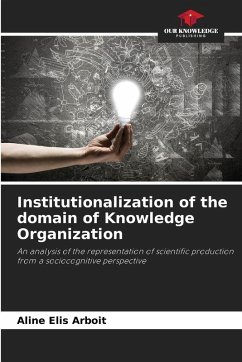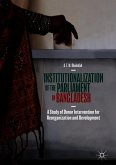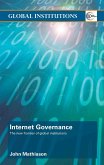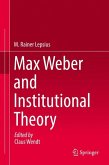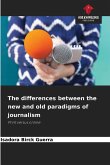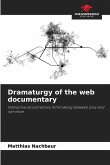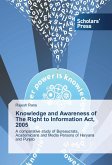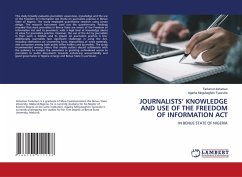The objective of this thesis is to describe part of the process of sociocognitive institutionalization of the domain of Knowledge Organization. To this end, a diachronic analysis was conducted of the language used by the scientific community at conferences of the International Society for Knowledge Organization (ISKO), understanding this entity as representative of the domain due to the central role it plays. Theoretical support was sought in the Bakhtin Circle, with regard to the ideological character of the sign and dialogism, and in Whitley (1974), in the reciprocal relationship between social and cognitive institutions. An analysis of the process of theorizing the domain was carried out, starting with the first theoretical formulations on bibliographic classification, in addition to systematizing the statements used in the thematic axes and their correlation with the authors and organizers of the eleven editions (1990-2010) of the ISKO international conferences. Philosophicalorientations and corresponding authors were represented through conceptual maps. Thus, it was possible to visualize space-time interferences and alternations of ideological options in the development of the domain.
Bitte wählen Sie Ihr Anliegen aus.
Rechnungen
Retourenschein anfordern
Bestellstatus
Storno

